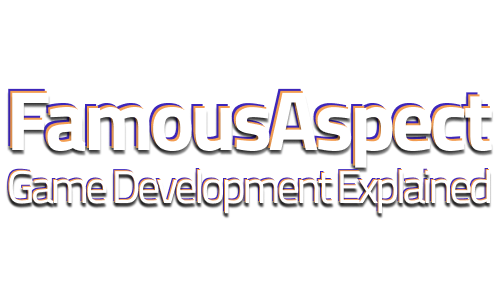Getting to tangible, high quality conversations and iteration with your game engineers is a critical skill for game designers. Writing docs with a game engineer “client” in mind will boost your effectiveness and the ultimate quality of your games.
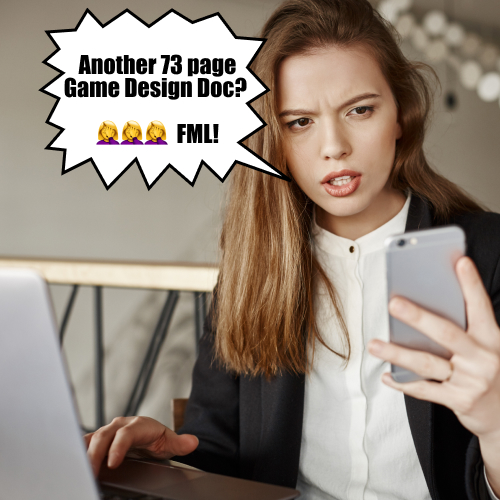

Getting to tangible, high quality conversations and iteration with your game engineers is a critical skill for game designers. Writing docs with a game engineer “client” in mind will boost your effectiveness and the ultimate quality of your games.
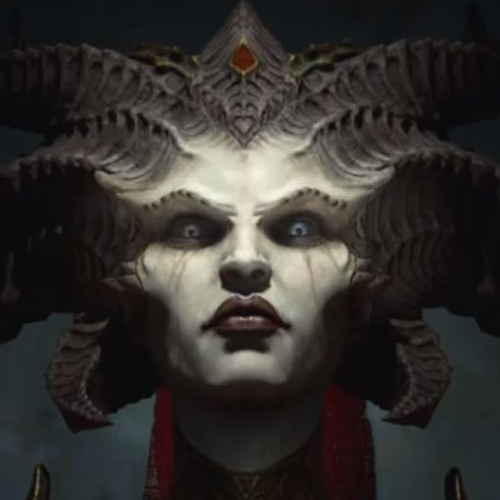
Over on the Diablo IV blog, we’re getting substantial details about the game’s live service ambitions. They sound ambitious, familiar, and judging by Diablo Immortal’s $100m+ live service revenue to date, will surely be a massive success for Blizzard. It’s clear they’re working to differentiate D4 from Immortal and set the expectation that there is no pay-for-power / pay-for-progress in this game. It’s amazing to think how far the F2P and Live Services business model has come in terms of hardcore gaming acceptance over the past decade…
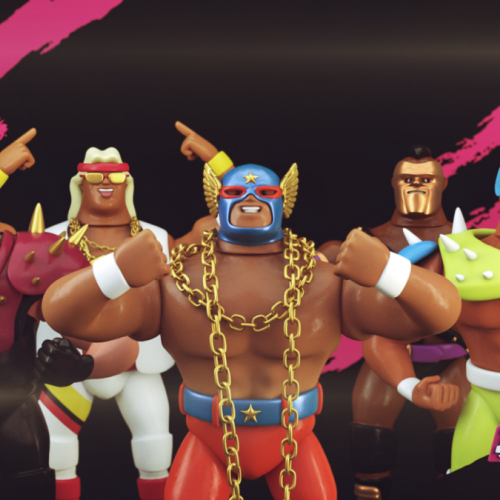
Recently, I had the pleasure of speaking with game industry veteran Michael Rubinelli, current Chief Gaming Officer at WAX, a blockchain purpose built for the high transaction frequency and volume of blockchain games. Michael is already seeing massive success with the launch of Blockchain Brawlers on WAX. In this episode, we discussed the importance of using language that gamers understand in the crypto space, mutual lessons from our time in free-to-play, legendary MtG’s creator Richard Garfield’s involvement in Blockchain Brawlers, and why Michael believes that play-to-earn & Web3 will become dominant in the world of gaming…
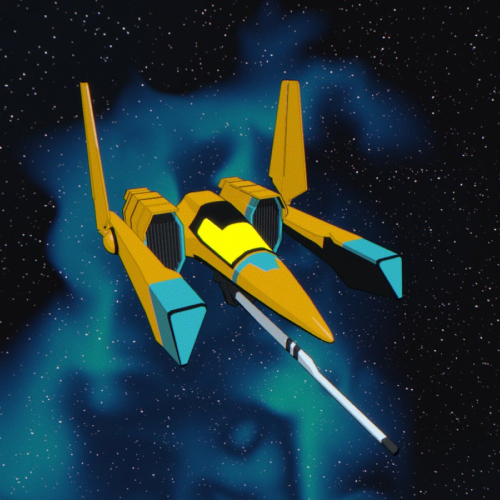
Writing a Whitepaper is a brand new “primitive” for Web3 game development. Part game design document, part marketing pitch, the Whitepaper has become an essential part of your go to market campaign. In this interview, we talk to Void Runners’ spacedog about writing the whitepaper for her upcoming Web3 game.
It is rapidly approaching 11 years between my entry into the tech industry interning at Pandemic Studios and founding an indie game development studio to build Enhanced Wars. Although it is still early days in my career, I think I have at least gained a modicum of insight worth sharing. When one of my mentors asked me to speak at the college course I credit for setting me on the path from enthusiast to professional, I […]
This article is the fifth in a series on how to land a job as a game designer. Check out previous posts for details on setting your career goal, building your portfolio, learning how to sell your experiences and writing your resume. If you’ve followed the series of articles up till now, then you’ve sent your resume and portfolio out to the world and are landing some interviews. The previous article on writing your resume covered the general process of phone and in […]
To call the Quarter Spiral team process centric would be a bit of an understatement. Two of the three team members have served as producers of software development teams. We love scrum methodology and have been doing weekly sprints with point tracking and post mortems since the first week of our existence. As our tiny team is spread out across two continents, rooting ourselves in process has been essential to maintaining development momentum and creating trust that […]
This article is the fourth in a series on how to land a job as a game designer. Check out previous posts for details on setting your career goal, building your portfolio and learning how to sell your experiences. Now that I’m devoting my energies to Enhanced Wars, I do not see nearly the quantity of resumes as when I was part of the hiring process at BioWare’s San Francisco office. But I still review the occasional resume for someone […]
This post is the third in a series about how to land a job as a game designer. Check out previous posts for details on setting your career goal and building your portfolio. Now that you’ve built a strong portfolio filled with tangible design works, you may think it is time to write your resume and start applying for jobs. But the same way that when designing features on Enhanced Wars I always set a […]
This is post is the second in a series on how to land your first job as a game designer. You can read the first post about how to set your career goal at this link. Although I do not review as many resumes now that I’m an indie developer working on Enhanced Wars as I did when I was at BioWare San Francisco, I still review the odd resume here or there as a result of a […]
